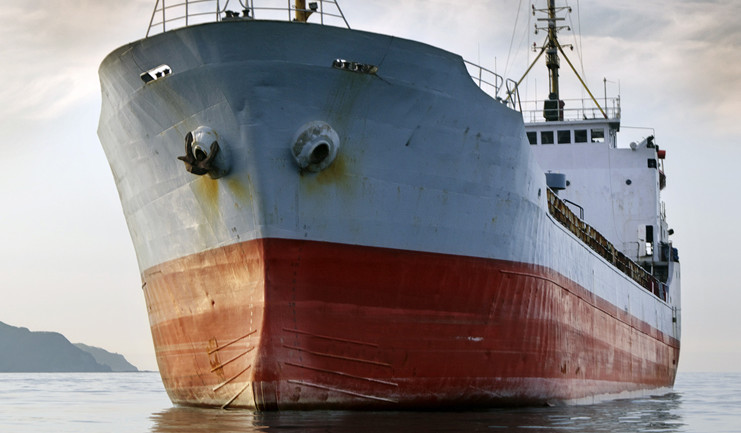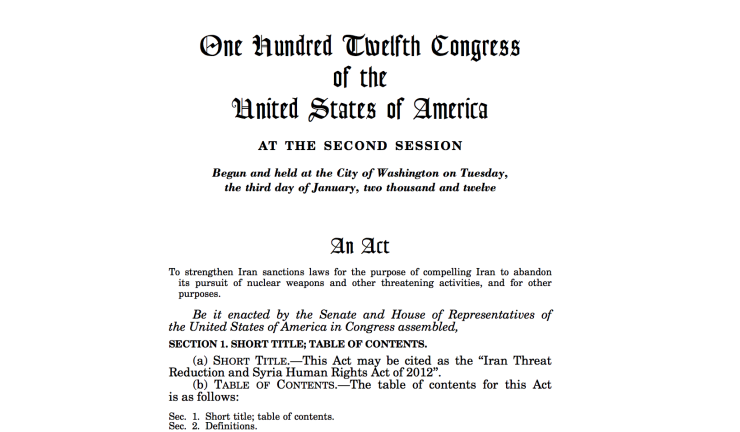Europe’s Major Banks Stay Away from Iran
Surprise, surprise – major European financial institutions are not so hot on the Iranian market.
Last week, a British trade delegation landed in Tehran to discuss future trade opportunities in Iran once U.S. and multilateral nuclear-related sanctions are lifted early next year. Missing, though, were any of the major UK financial institutions (and major oil firms – Shell and BP), who apparently preferred to stay home than negotiate the risk of a still-uncertain Iranian market.
Instead, Iran played host to second-tier British banks, said Richard Dalton, the former UK ambassador to Iran and President of the British-Iranian Chamber of Commerce. Less active in international markets, in particular the United States, these banks have proven more willing to explore the potential for trade-finance and other opportunities in Iran in the months ahead.
None of this is surprising, though. In light of the substantial risks that will remain for banks undertaking transactions in or with Iran even after nuclear-related sanctions are lifted, as well as the intense and ongoing scrutiny of global financial institutions from U.S. federal and New York State regulators, major European banks have proven hyper-conservative in their dealings with Iran, refusing to engage in even permissible trade with Iran due to sanctions-compliance concerns. The expectation has long been that second-tier European firms and major Asian financial institutions would re-engage with Iran long before major European banks dared to do so. That expectation looks to have been satisfied if the latest news is any indication.
The more pressing concern, though, is the relative inexperience these second-tier European banks have in dealings with Iran (as well as the broader Middle East region) and how this lack of experience could hamper trade opportunities with the Islamic Republic. One should not forget that some of the major UK banks – for example, Standard Chartered – have long had a significant regional presence in the Middle East, including with Iran, and their absence from the British trade delegation and the unlikelihood that they will be quick to resume any kind of transactional dealings with Iranian parties augurs poorly for any kind of gold rush once sanctions are lifted. Especially in the case of Standard Chartered, the continued scrutiny of U.S. federal and state regulators makes Iran a virtual no-go for the time being.
There is no doubt that Iran will see an influx of trade post-sanctions. But it is more likely that this influx will be very deliberately-paced and will come absent some of the more major investments that Iran would like to see, especially in its oil and gas sector. The reason for this will, in no small part, be due to the absence of the major European financial institutions from the Iranian market and their general refusal to carry out transactional dealings or other trade-finance opportunities in Iran.
For these major banks, the lesson of the past decade is that it is far better to absorb American practices in the field of AML/CFT than to determine best practices for yourself. That absorption will thus keep them on the sidelines when it comes to Iran for the foreseeable future.


